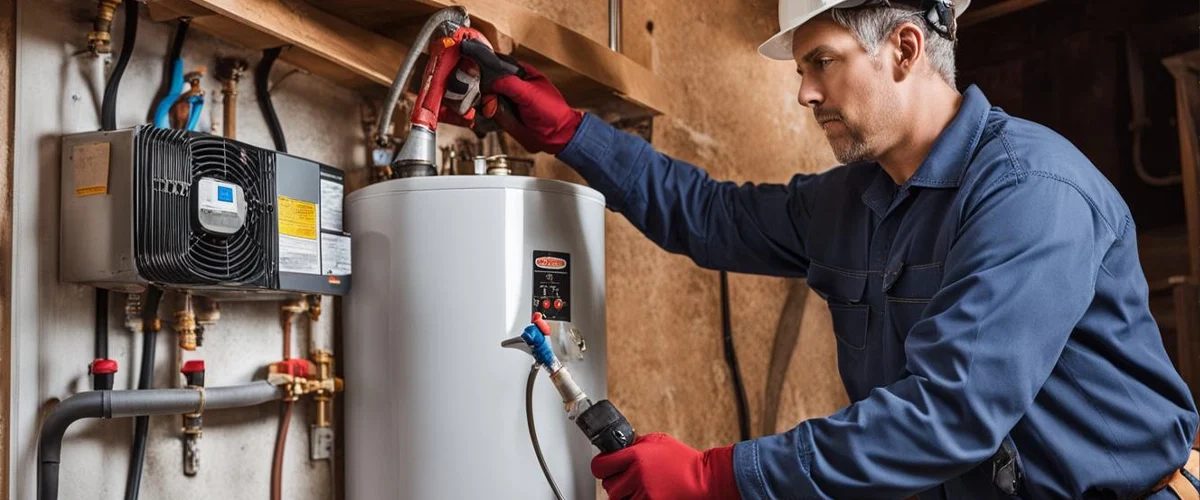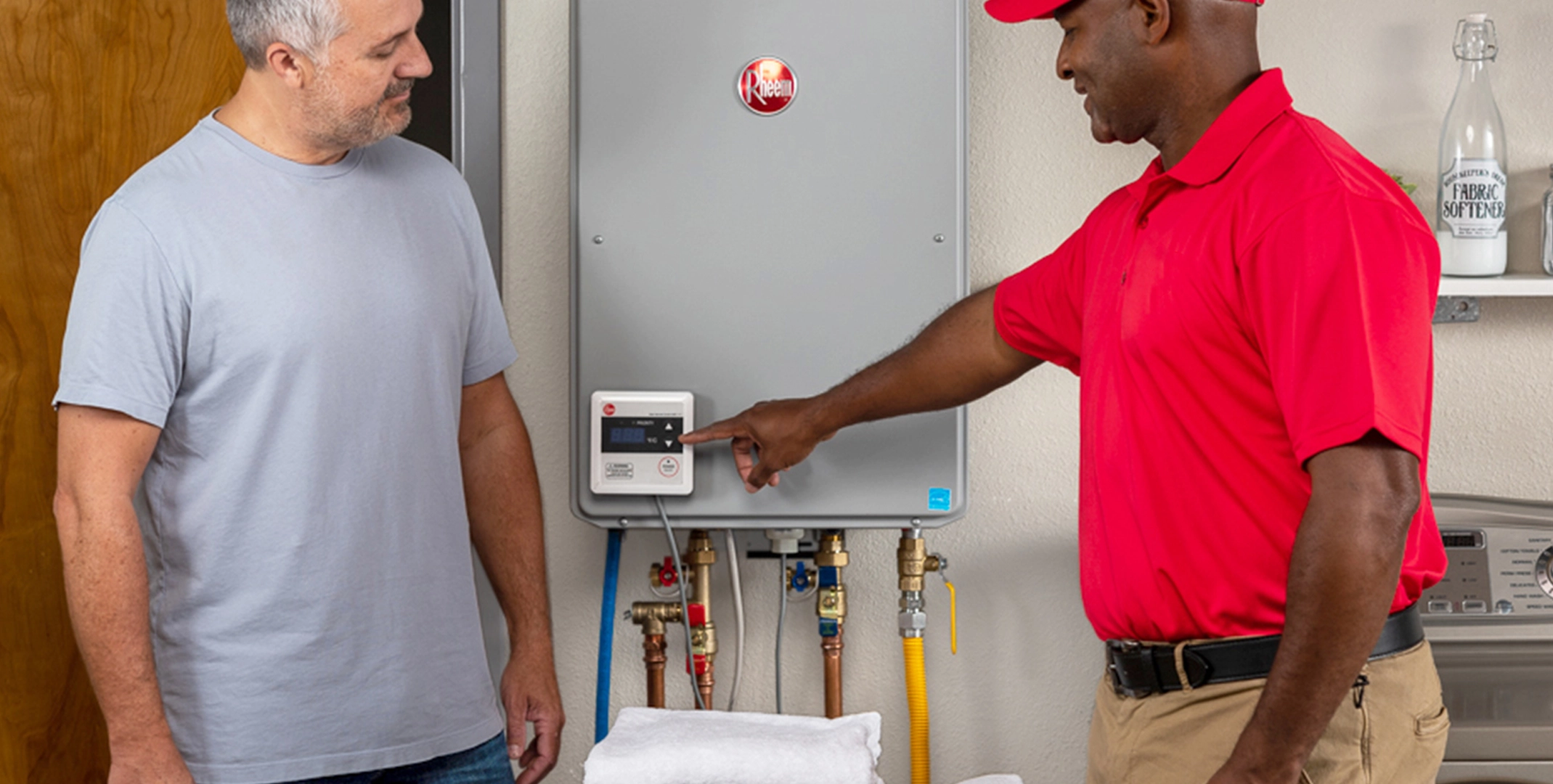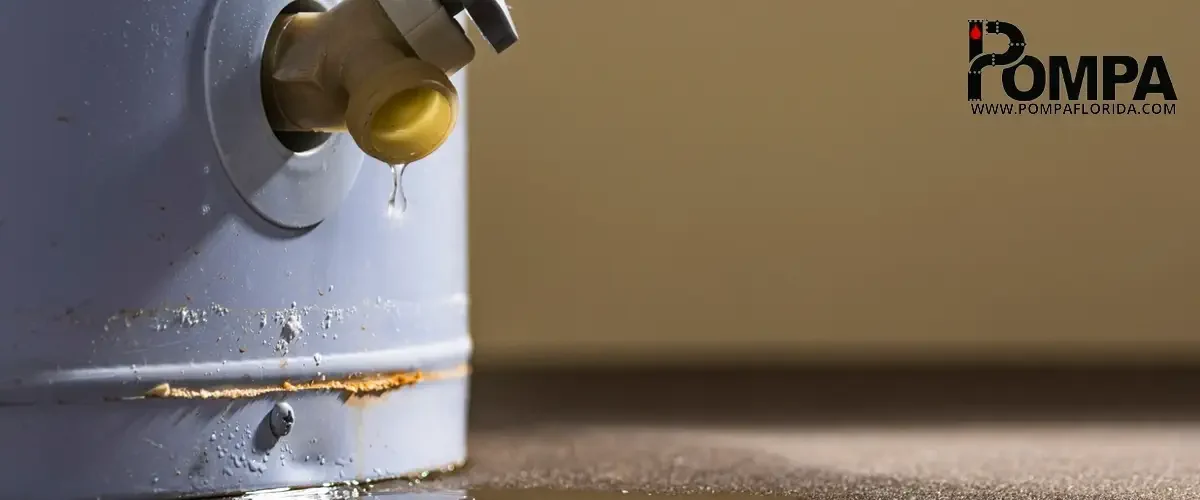A properly functioning water heater is essential for modern living, providing hot water for showers, cleaning, and cooking. However, like any household appliance, water heaters can develop problems over time. Understanding common issues can help you identify when professional assistance is needed and when simple fixes can restore performance. Below, we explore the most frequent water heater problems, how to troubleshoot them, and when to seek professional water heater experts.

No Hot Water
One of the most frustrating issues homeowners face is a complete lack of hot water. This problem often points to a malfunction in the heating elements or a disruption in the power or gas supply. For electric water heaters, the first step is to check the circuit breaker. If it has tripped, resetting it may solve the issue. Additionally, inspect the thermostat settings to ensure the temperature is correctly set.
For gas water heaters, confirm that the pilot light is lit. If it has gone out, carefully relight it following the manufacturer’s instructions. If the pilot light continues to go out or if there are other ignition issues, the thermocouple may be faulty and require replacement. If these solutions do not resolve the issue, it may be time to consider a water heater replacement, especially if the unit is older.
Routine water heater maintenance can help prevent this problem. Checking heating elements, ensuring proper thermostat calibration, and inspecting electrical connections are crucial steps. Professional water heater experts can perform comprehensive inspections and repairs to extend the lifespan of your system.

Inadequate Hot Water Supply
A water heater that produces some hot water but not enough can disrupt your daily routine. Several factors can contribute to this issue, including an undersized water heater, sediment buildup in the tank, or a malfunctioning thermostat.
First, check if your water heater is appropriately sized for your household needs. A growing family may outgrow a smaller unit, necessitating a larger water heater installation. If sizing isn’t the issue, sediment accumulation could be the culprit. Over time, minerals in the water settle at the bottom of the tank, reducing the heater’s efficiency. Regular flushing and cleaning of the tank can remove sediment and restore performance.
Additionally, test the thermostat settings to ensure they are calibrated correctly. Increasing the temperature slightly might improve hot water output, but be cautious not to set it too high to avoid scalding risks. Persistent problems may indicate a need for professional water heater maintenance to inspect and service key components.
Leaking Water Heater
A leaking water heater can cause significant damage if left unaddressed. Leaks may originate from a few common sources, including loose connections, a faulty pressure relief valve, or corrosion inside the tank.
Start by examining all connections and fittings for tightness. If these appear secure, check the temperature and pressure relief (T&P) valve. This safety valve is designed to release water when pressure becomes too high. If it is continuously leaking, replacing the valve may solve the problem.
Corrosion and rust within the tank are more serious issues that often signal the need for water heater replacement. South Florida water heaters are especially susceptible to corrosion due to the region’s mineral-rich water. Regular inspections by water heater experts can detect early signs of corrosion and help prevent leaks before they become severe.

Discolored or Smelly Water
If your hot water appears rusty or has an unpleasant odor, the issue likely originates within your water heater. Rust-colored water is typically a sign of corrosion inside the tank or a failing anode rod, a component designed to prevent rusting.
Replacing the anode rod can extend the life of your water heater if the tank itself has not been compromised. Water with a foul odor, such as a rotten egg smell, often results from bacterial growth in the tank. This is more common in water heaters that remain unused for extended periods.
To address smelly water, flushing the tank and treating it with a hydrogen peroxide solution can eliminate bacteria. However, if discoloration or odor persists, it may be time for a professional water heater inspection. Water heater maintenance should include checking the anode rod and flushing the tank regularly to keep water quality high.
Unusual Noises
Popping, banging, or rumbling sounds coming from your water heater can be alarming. These noises are usually caused by sediment buildup at the bottom of the tank. As water is heated, trapped sediment creates pockets of steam, leading to the sounds you hear.
Flushing the tank is the most effective way to remove sediment and eliminate noises. In extreme cases, sediment buildup may cause the heating element to overheat and fail. Performing regular water heater maintenance can help prevent sediment accumulation and keep your unit running quietly and efficiently.
In some instances, unusual noises may also indicate a loose heating element or expanding and contracting metal parts. If flushing does not resolve the issue, a professional inspection is recommended to pinpoint the cause and perform necessary repairs.
Water Temperature Fluctuations
Inconsistent water temperature can be frustrating and may stem from a malfunctioning thermostat, a broken dip tube, or sediment interference. The dip tube directs cold water to the bottom of the tank for heating. If it is damaged, cold water may mix with the heated water, causing temperature fluctuations.
Checking and adjusting the thermostat is a good first step. If the problem persists, inspecting the dip tube for damage or sediment buildup is necessary. Replacing a broken dip tube can restore consistent water temperature. If your water heater is older or showing signs of extensive wear, it may be time to explore options for a new water heater installation.
Conclusion
While many common water heater problems can be resolved with simple troubleshooting or minor repairs, some issues require professional expertise. Performing regular water heater maintenance, such as flushing the tank and replacing worn components, can extend the life of your unit and improve performance. However, persistent leaks, severe corrosion, or recurring malfunctions may indicate the need for a complete water heater replacement.
If your water heater requires cleaning, flushing, or a detailed inspection, it’s best to call professionals. At Pompa Plumbing, our water heater experts specialize in diagnosing and repairing all types of water heater issues. We provide comprehensive services to keep your South Florida water heaters running smoothly. Contact us today for expert assistance and enjoy reliable hot water whenever you need it.


